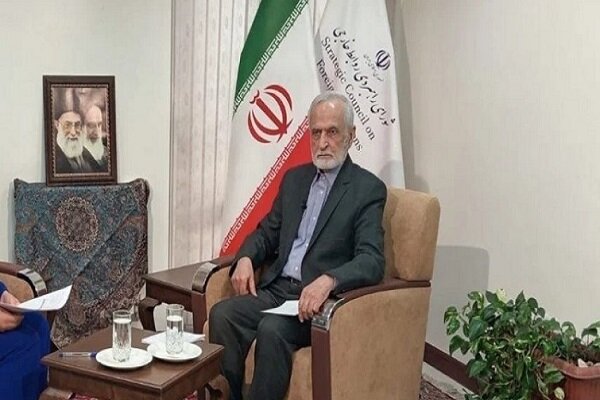“What we see in the actions of the US administration today is psychological warfare, promoting a policy of “war or negotiation” through contradictory messages from American officials,” he told SCFR reporters.
Former Foreign Minister Karaj explained that these mixed signals from US officials, including President Trump himself and his recent letter to Iran (openly covered by US and local media), are part of a strategy that creates chaos, false optimism and polarization within Iran.
This led him to believe that Trump was trying to improve relations between Tehran and Washington, he warned.
However, Karaj questioned the true intentions behind the US strategy. He said it was an invitation to negotiate under the shadow of intensified economic sanctions and military threats.
He warned that such negotiations lack clear principles and cannot be trusted based on past experience.
During his first term, Trump withdrawed the US from the Iranian nuclear deal signed by his predecessor, Barack Obama, in 2015, and launched the biggest pressure campaign against the Islamic Republic, characterized by economic sanctions and diplomatic isolation. Trump revived the policy shortly after he launched his second term in January, but has since expressed his willingness to launch new deals.
“The outcome of this strategy is nothing more than requesting the other party’s request in an atmosphere of coercion and intimidation,” Karaj said.
“If Trump had understood the Iran and the spirit of Iran, he would have learned from the past and acted differently to resolve historical issues between Iran and the United States, whether it was a integral or business mindset, for his country’s economic interests,” he added.
Karaj stressed that Trump should have noticed that Iranians would never succumb to pressure or coercion before, but would respond positively to humility and integrity.
Nevertheless, Karaj confirmed that Iran had not closed all the doors and remained open to indirect negotiations, assessing the other side, presenting its terms and making appropriate decisions accordingly.
Ayatollah Seiyed Ali Khamenei, the leader of the Islamic Revolution, ruled out direct negotiations with the United States under pressure, citing his history of rejecting Washington’s commitment.
4353

